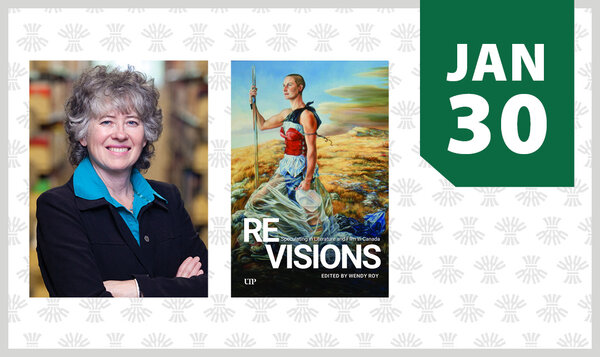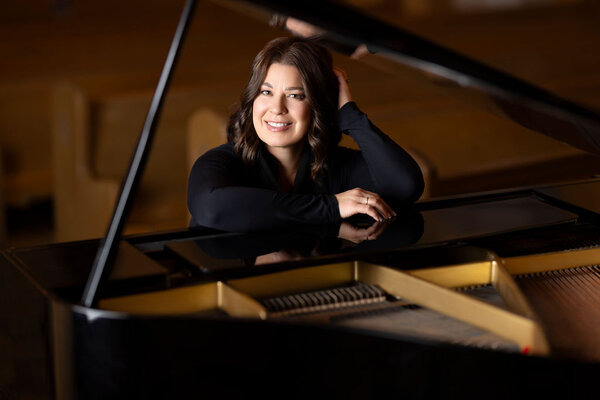
A crash course in community
Students in "Dynamics of Community Involvement" get to know Saskatoon up close.
by dee Hobsbawn-Smith
Any student—of life, science, the arts, human behaviour—will attest that authenticity relies on personal involvement and connection. That’s the case with “Dynamics of Community Involvement,” an interdisciplinary class offered by Professor of English Nancy Van Styvendale.
The course, originally offered by the Gwenna Moss Learning Centre, found a permanent home with the Interdisciplinary Centre for Culture and Creativity (ICCC) in 2009, when Van Styvendale was invited by the U of S to re-imagine the existing “alternative week” learning program. Van Styvendale, who has a history of involvement in social justice and citizenship and now teaches and researches in the field of Indigenous North American literature, jumped at the chance.
“All the work I do is in some way connected to building bridges between the university and the larger community,” Van Styvendale observed during a recent phone conversation. “Indigenous literature inspired me to develop a scholarly approach that would enable community building and activism, as opposed to text-based discourse and analysis. I longed to take what I saw [in Indigenous literature] and match content with context. This class is part of [my view of] engaged scholarship.”
Participating students are placed with selected organizations such as the Indian Métis Friendship Centre, Habitat for Humanity, Saskatoon Community Youth Arts Programming (SCYAP) and Student Wellness Initiative Toward Community Health (SWITCH) for two hours per week, often on the west side of the city, where racial and cultural issues are most visible.
Such work exposes participants to social issues relevant to core communities. Students meet on-campus in the afternoons for debriefing sessions with Van Styvendale. “They learn about privilege of class and race,” Van Styvendale explained. “And about poverty, homelessness, food security, housing, AIDS, HIV. Often, students have never been on the west side or on 20th Street. They’ve been told it’s scary there. This class helps students see there are strengths and great things in the core community.”
Each student creates an end-of-term project that summarizes their knowledge. For example, students placed at SWITCH set up a free lending library for community members. At the Food Bank and Learning Centre, students researched effective modes of food distribution through the Garden Patch community garden.
Van Styvendale’s goals are to cultivate a sense of social justice and citizenship, and self-awareness as persons in the larger world. En route, students develop practical skills: relationship building, collaboration and organizational skills, project management, and community-based research skills.
Van Styvendale brings in guest speakers to offer an Indigenous perspective. “I have a certain level of privilege as a white woman and university professor,” she said. “So teaching Indigenous literature got me thinking: ‘What is the ethical way to do that? What’s the ethical response?’ It’s a lifelong process, sorting out the answer, but I believe it’s about building relationships and doing work in collaboration. I’m clear about my own subject position, and I ask students, both Indigenous and non-Indigenous, to recognize their privilege and develop solidarity.”
She added that the issue of appropriation is always difficult. “But I think non-Indigenous people need to do the work of decolonization. [In 2009,] this course was so transformative for me. It changed my research direction. For students, it gives them an experience they might not have otherwise, to get to know people. It’s a crash course in the Saskatoon community.”
View INCC 201.3: "Dynamics of Community Involvement" in the course catalogue


